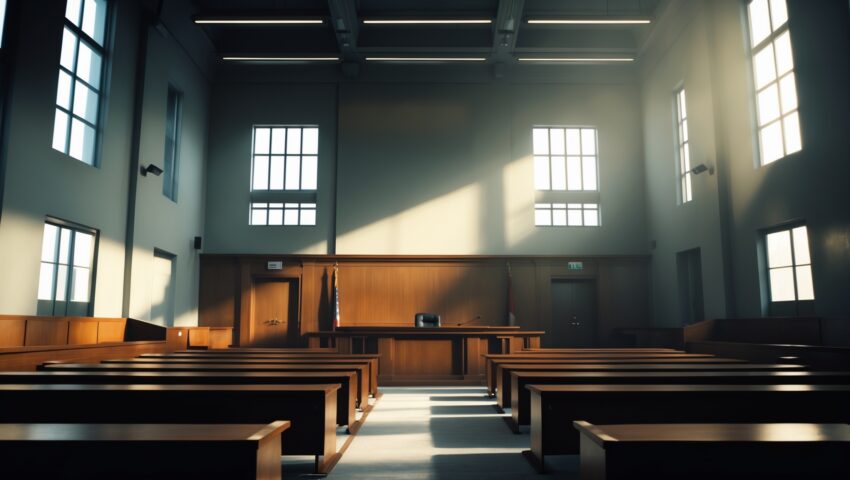▶ Synopsis
Clara Jennings, a paralegal, takes the witness stand in the high-profile trial of a wealthy businessman accused of murdering his wife. Nervous but resolute, she delivers testimony that convinces the jury of his guilt. Justice seems served when he is convicted, and Clara celebrates in quiet relief.
But her sense of closure shatters the next morning. News headlines, court records, and even photos are rewritten to cast her not as the witness—but as the convicted murderer. The man she helped put away is suddenly free, smiling for cameras, while her own words appear twisted into a confession. Confused and terrified, Clara begins to question not only the justice system but also her own grip on reality.
The courtroom smelled of stale coffee and wood polish. Clara Jennings sat rigid in the witness box, palms pressed against her skirt to hide the tremor in her hands. Every eye was on her—jurors leaning forward, the prosecutor nodding with practiced encouragement, the defendant watching with that unnerving calm, the kind that only the rich or the guilty could manage.
She had rehearsed her testimony a hundred times. Every detail had been combed through, every memory sharpened under fluorescent lights in the DA’s office. Still, when she lifted her gaze to the man accused of murdering his wife, her throat tightened. He looked like he belonged anywhere but here: in a boardroom, in a golf club lounge, smiling into a camera lens. Not in chains. Not listening to her words that would decide whether he walked free or spent life behind bars.
“Ms. Jennings,” the prosecutor prompted gently, “please tell the court what you saw the night of April twenty-third.”
Her heart thumped once, hard, like a warning shot. Then the words came—steady, precise, polished from weeks of preparation. She described the late-night meeting at the firm, the document she was sent to deliver to his home, the way she caught the shadow of him through the glass doors. The raised hand. The fall. The crimson pool spreading across white marble tile.
When she finished, the silence in the room was heavy. The jurors’ expressions had shifted; she saw it. Doubt hardening into certainty.
The prosecutor smiled faintly, satisfied. The defense attorney scribbled furiously, but his client only stared at her with the faintest of smirks. As if he knew something she didn’t.
Clara exhaled when she was dismissed. She had done her part. She had spoken the truth.
And when the gavel fell two days later, when the jury returned with “guilty” on their lips, she felt the world tilt back into balance. Justice. For once.
That night, she celebrated alone. A bottle of cheap champagne in her tiny apartment. A toast to the end of nightmares—for the murdered woman, for herself. She fell asleep with the TV murmuring in the background, the image of the guilty man being led away replaying again and again like a lullaby.
When she woke, the world had changed.
Her phone buzzed on the nightstand, dozens of missed calls. Headlines blared across her screen: Jennings Trial—Key Testimony Seals Conviction. She clicked, expecting to see her name attached to a footnote.
Instead, there it was: Clara Jennings Convicted of Murder. Sentence Pending.
Her breath caught. She scrolled furiously, each article worse than the last. Photos of her in the witness box—but the captions named her as the defendant. Quotes twisted. Her own words, rewritten: “I struck her. I watched her fall. I didn’t stop.”
Her pulse pounded in her ears. No. No. This wasn’t possible.
On the TV, a news anchor smiled as the once-accused businessman shook hands outside the courthouse, free and untouchable.
And for the first time, Clara wondered if she was awake at all.

